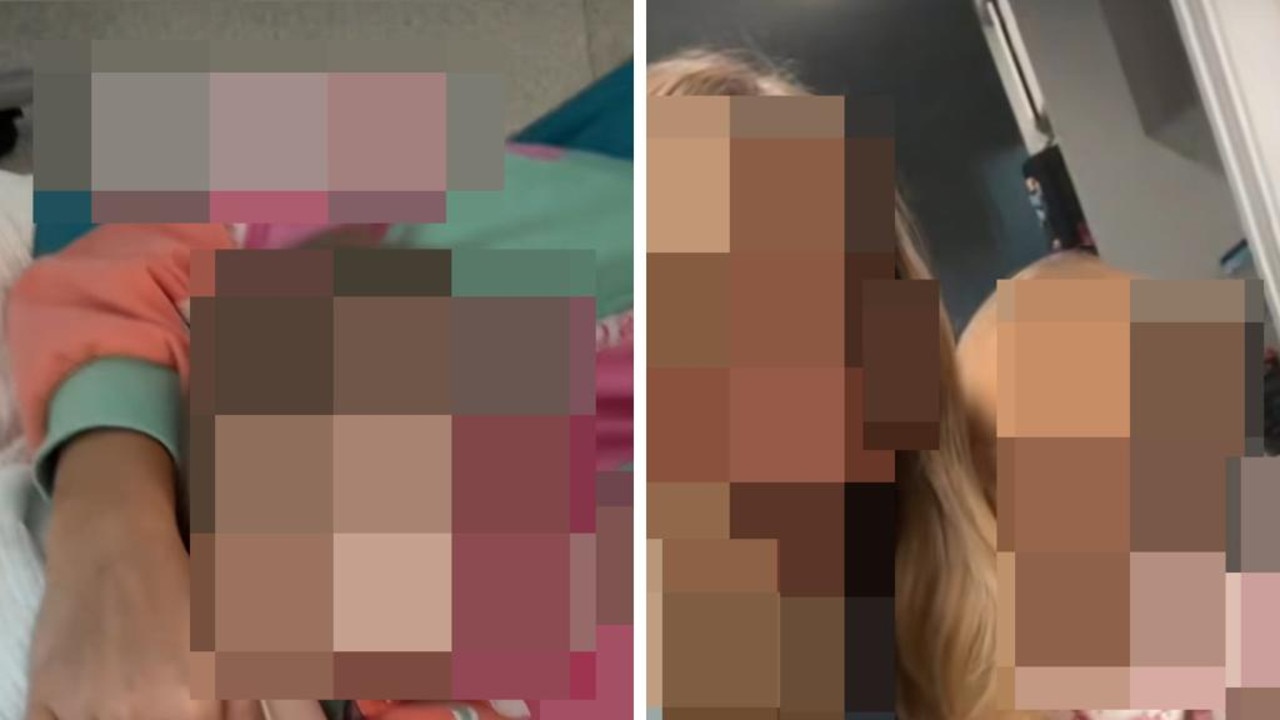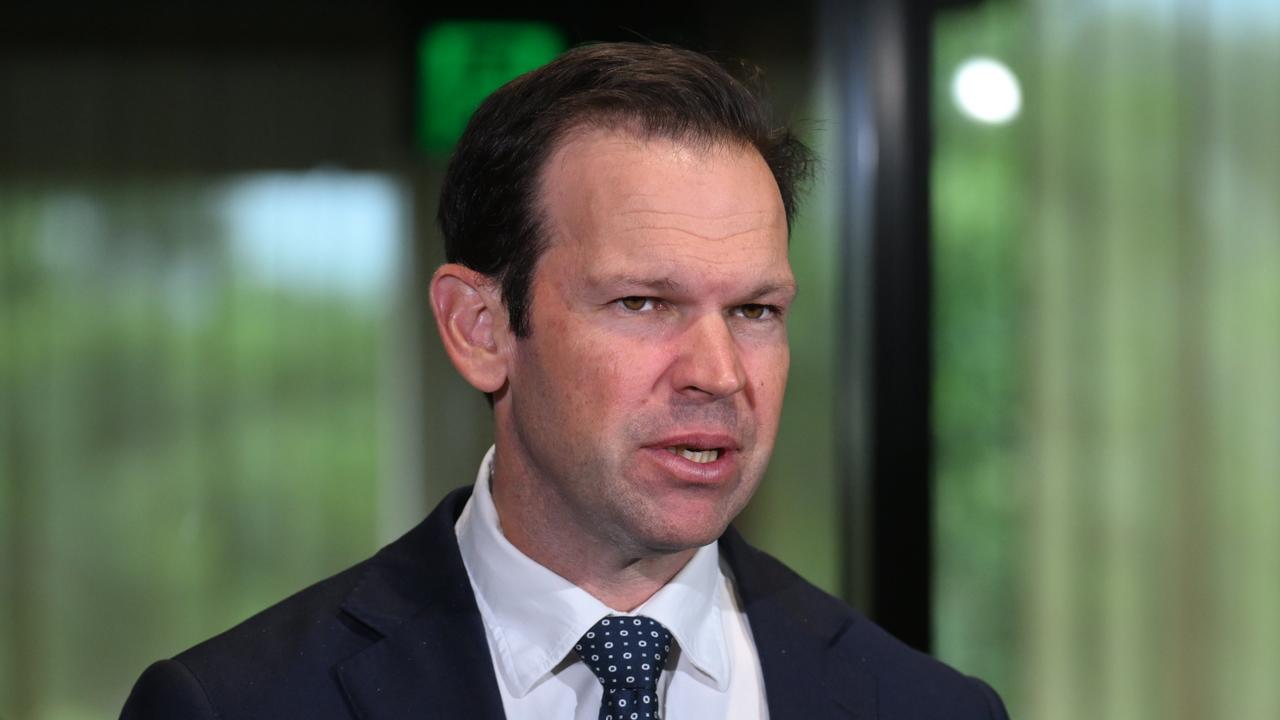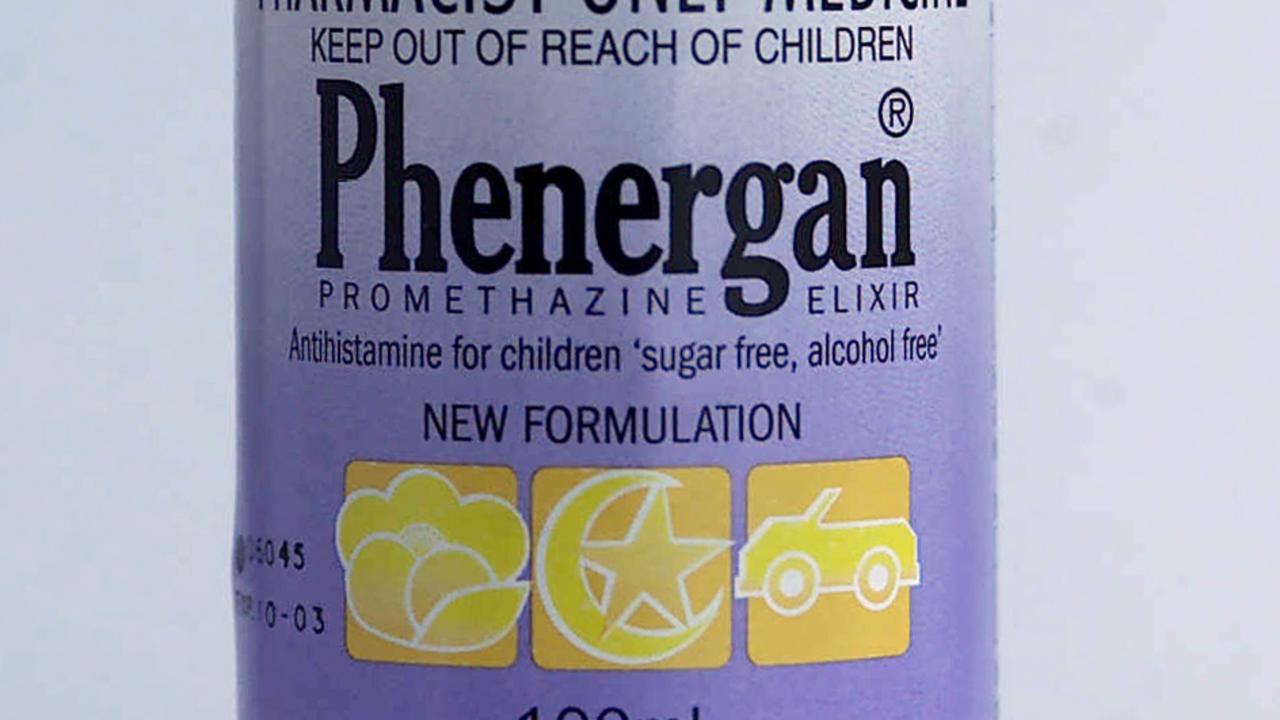‘I could go blind waiting for the drug to save me’
An Aussie mum is asking Australians to do one thing that could change her life forever – and it will take less than 30 seconds.

“Mummy, promise me you won’t kill yourself if you go blind,” my 10-year-old asked me.
I swallowed, hard.
He’d picked up on my innermost, darkest thought, despite me not having uttered a word.
“I won’t, my love,” I assured him. But in doing so, I also vowed to keep my promise to myself, no matter how hard my life gets.
I live with Von Hippel-Lindau (VHL) disease. It’s a rare genetic cancer affecting only 1 in 36,000 individuals.
As my geneticist, Associate Professor Kathy Tucker explains, “VHL is a change in a gene that means the cell doesn’t have the right mechanism to turn off cell growth.”
This ‘elevated ‘cell growth’ results in me and others with VHL growing benign tumours and cysts. These can appear in the brain, spinal cord, kidneys, pancreas, eye retinas, inner ear, adrenal glands and more.
All those places where you never want to be told there is a ‘lesion’ or ‘mass’.
Sign this petition to make treatment for VHL available on the PBS.

VHL has relentlessly attacked me since the age of 11 when I first had eye tumours lasered. Since then I’ve had ‘innumerable’ retina tumours in both eyes and countless ophthalmology treatments and surgeries.
I’ve had four surgeries on my brain to remove multiple tumours since I was 19. Last year I learnt to walk again for the fifth time in my life, thanks to a tumour at C5 high up in my spinal cord (quadriplegia territory).
My dad, who also has VHL, has had his own lifelong battle with multiple brain, spine and eye operations. Thankfully, neither of my kids have inherited VHL as I was lucky enough to access IV with genetic testing to ensure I didn’t pass on the rogue gene to my boys.
Living with VHL is the never ending story of hospital theatres, ICU, stints in rehab facilities to regain functions, physio, monitoring, scans – then repeat. Even after a tumour is resected, more pop up like weeds.
I live in fear of when it will strike next and this takes a massive mental toll.
As Dr Tucker explains, “The trauma keeps getting compounded. You don’t actually feel like you ever get away from it.”
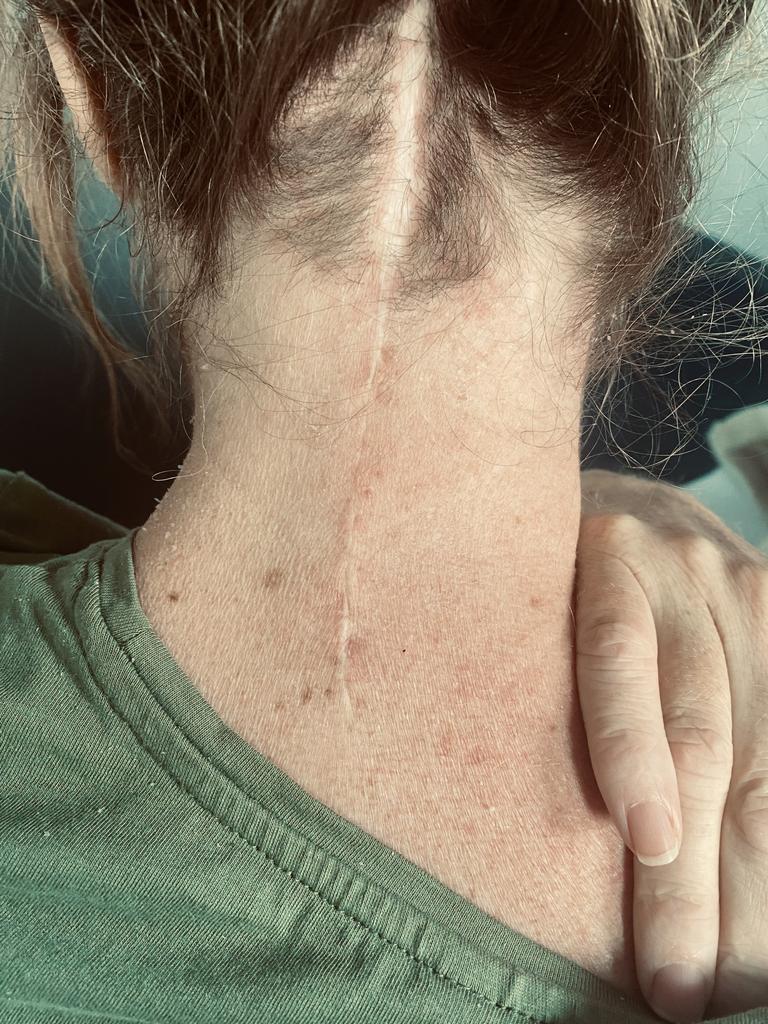
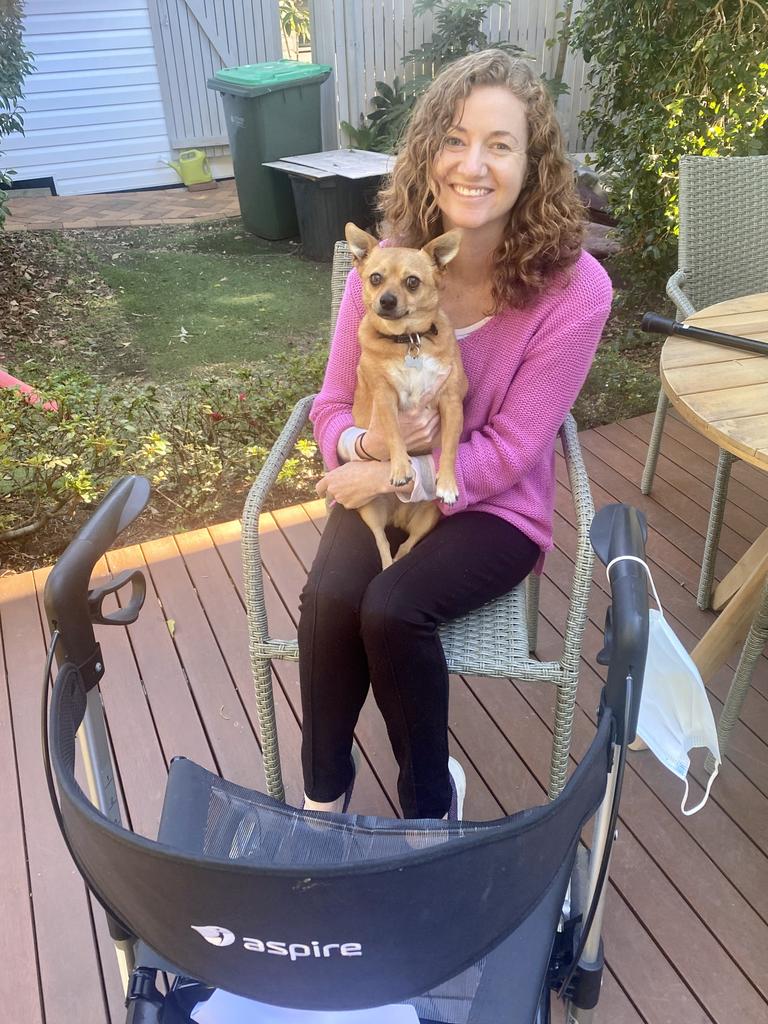
Then there’s also the disability toll.
“It (VHL) has an enormous impact on both the mobility and mortality of the patients,” Says Dr Tucker. ”The morbidity is sometimes really disabling”.
And don’t I know it.
I’ve lost most of my hearing to VHL. I’m deaf in one ear thanks to a brain tumour with hearing loss in the other from a nasty ear tumour. I can no longer drive because I’m too vision-impaired. This in itself is a huge disability, especially as a mum of two kids (10 and 8).
I also live with other neurological deficits such as weakness and sensation changes. I use a walking stick some days to steady myself because I have balance problems.
I still have tumours in my brain, a few in my spinal cord, and one in my pancreas. If I were to read my horoscope it would say, “surgery on the horizon!” So I don’t.
But maybe I will now. Because for the first time in my life living with this awful troll of a disease I have hope.
A new anti-cancer drug called Welireg (marketed as Belzutifan), is up for consideration to go on the Pharmaceutical Benefits Scheme (PBS).
Belzutifan is the first non-surgical treatment option for VHL. It isn’t a cure. There is no cure, but it is a game changer in the way it can improve VHL patient outcomes and lengthen our lives.
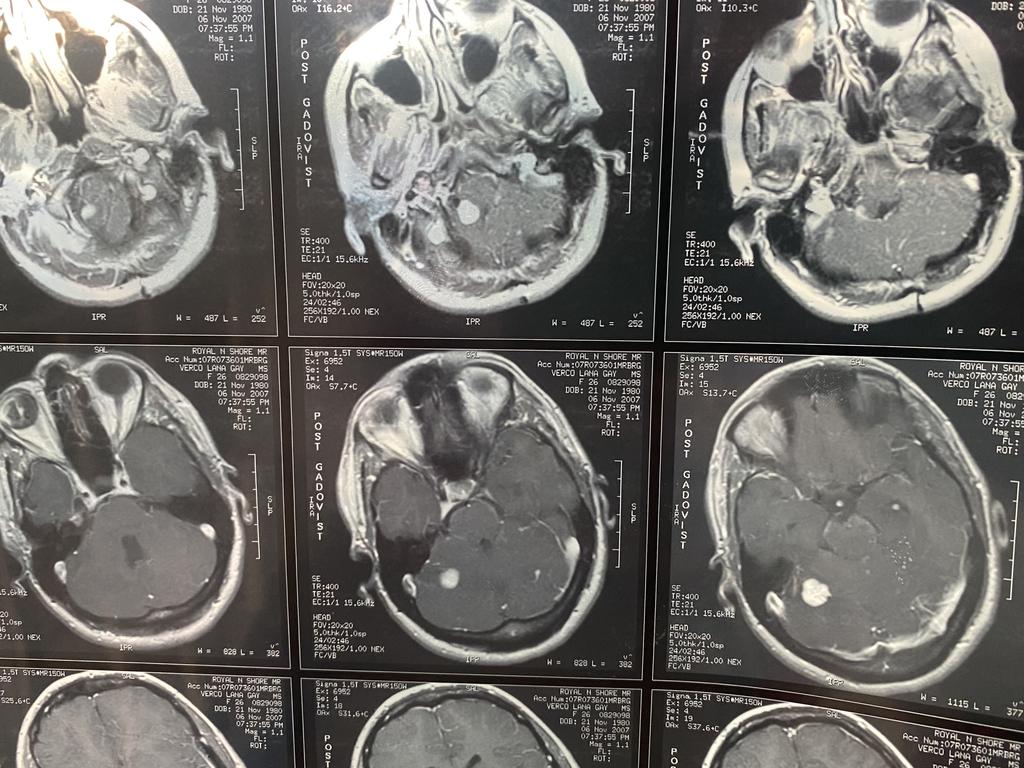
It is proven to reduce certain VHL tumours called renal cell carcinomas, those which grow in the brain, spine and retinas, called hemangioblastomas as well as neuroendocrine tumours in the pancreas.
“There is between a 50 to 90 per cent chance of it decreasing the tumours,” says Dr Tucker. “So not just stopping the tumours getting bigger, but actually making them shrink.
“This is the most exciting thing that’s happened for me in my career in terms of being able to turn around the lives of people rather than just screen for things that are going to get worse.”
Belzutifan is being hailed as a ‘miracle medicine’ among VHL sufferers, but there is a significant cost barrier to us accessing it.
It’s currently $12,000 a month, per patient.
If Belzutifan gets approved to go on the PBS though, it could cost as little as $7.70 for concession holders, and around $30 a month otherwise.
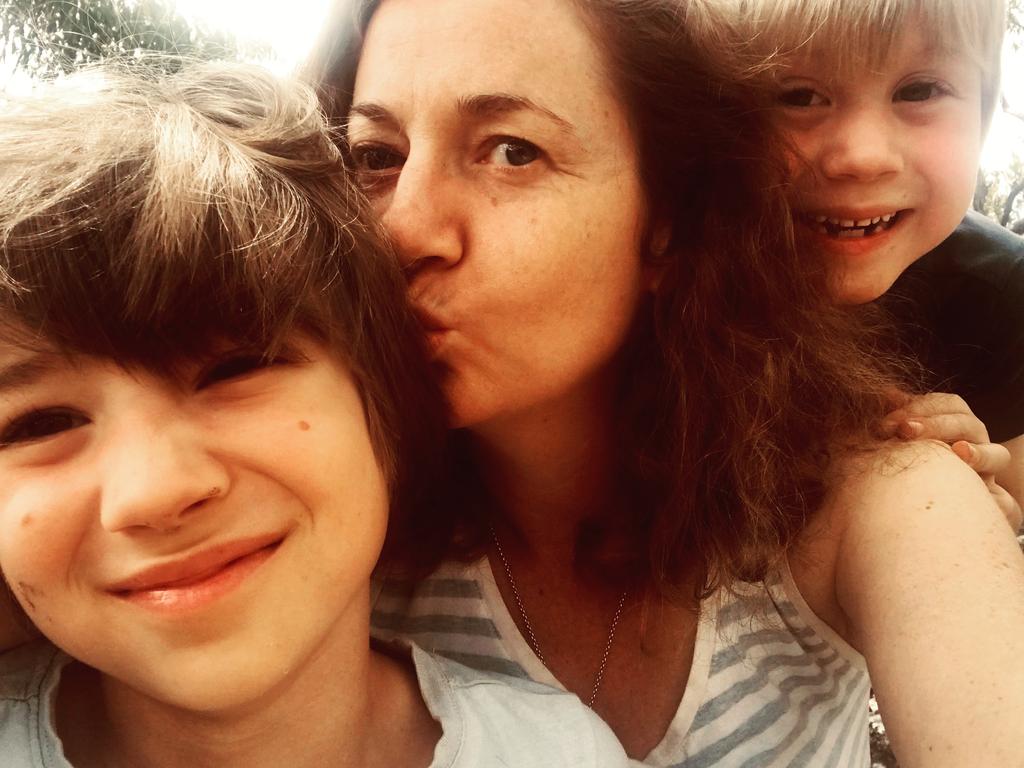
VHL falls under the umbrella of Neuroendocrine Cancer, or Neuroendocrine Tumours (NETS) – the seventh most common cancer in Australia.
NeuroEndocrine Australia has been campaigning hard to help VHL patients get access to Belzutifan.
“Current treatments are surgery or radiation therapy which removes the tumours but doesn’t control them or the growth. By having control of growth patients do not have the need for multiple surgeries,” CEO of NeuroEndocrine Australia, Meredith Cummins says.
“Every person deserves to have their best life and to have fair rightful options for the
management of their condition,” she adds.
NeuroEndocrine Australia and VHL sufferers are hoping Belzutifan will not only be approved to go on the PBS, but fast tracked. A patient-led parliamentary petition asking just this is currently doing the rounds.
Some of us are running out of time as our tumours grow waiting for this medical hope.
For me, I fear going blind.
With every new eye tumour I get – and these have a habit of popping up every few months – I have treatment which can cause a build-up of scar tissue.
This is how I lost the vision in my blind eye.
Recently, scar tissue ripped the retina off my seeing eye. I went blind in a day. Thankfully it was repaired, but it was frightening and now my eyesight is reduced further. This wasn’t the first time this has happened to me, either. My eye tumours are always causing havoc.
A medicine which reduces the growth and number of these tumours though, could very well save my remaining vision.
The thought of losing my eyesight on top of being significantly hearing-impaired is terrifying. There’s a reason sensory deprivation is a form of torture.
Still, no matter the outcome, I will keep my promise to my boy. I just hope there is another outcome.
Add your voice to the campaign to get Belzutifan added to the Pharmaceutical Benefits Scheme (PBS) to reduce its price to as little as $7.70 per month for patients in desperate need. I would be so grateful if you could please take 30 seconds to sign this petition, then share it far and wide.
Dr Tucker would like to disclose that she’s authored educational material about Belzutifan for MSD Australia.



